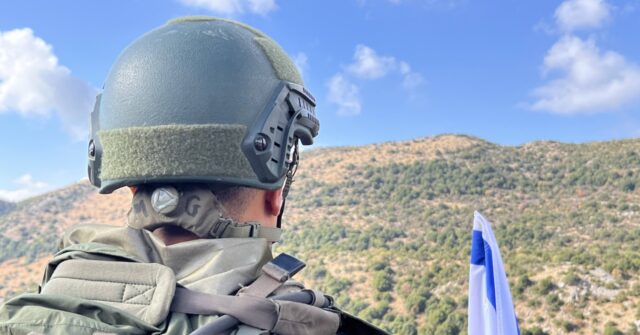In the wake of recent escalations on the Israel-Lebanon border, the strategic significance of Har Dov has come into sharp focus. An officer of the Israel Defense Forces (IDF) remarked on the restricted ability to occupy this vantage point prior to October 7, indicating its historical and military relevance. Har Dov lies adjacent to the contested Shebaa Farms, an area claimed by Hezbollah as part of Lebanon, although Israel seized it during the Six-Day War in 1967 from Syria. The United Nations, despite its overall stance towards Israel, backs Israel’s claim that Lebanon has no legitimate rights over Har Dov or the Shebaa Farms, underscoring the complex geopolitical dynamics at play.
The conflict has intensified as Hezbollah has increasingly attempted to assert its claims over these territories, utilizing the dispute to galvanize public support for military action against Israel. This strategy serves to obscure the Iranian regime’s motivations, which often involve leveraging conflict for its own strategic gains rather than addressing local grievances. In response to these developments, the Biden-Harris administration has engaged in diplomatic efforts that some perceive as overly accommodating to Hezbollah’s demands. Specifically, the administration suggested that Israel should withdraw its forces from the Har Dov area as part of a potential ceasefire arrangement following a year of hostilities marked by missile and drone attacks on Israeli territory.
Israel, however, has resisted such proposals. The need to maintain control over Har Dov is rooted in its critical geostrategic advantages, providing a panoramic view of the upper Galilee region. This position is not merely symbolic but is essential for national security, as it enables Israel to monitor and respond to threats from Hezbollah effectively. As tensions escalated and Israel intensified its counteroffensive against Hezbollah in September, the military landscape shifted markedly. The Israeli campaign aimed to dismantle Hezbollah’s senior leadership and infrastructure along the border has led to improved prospects for Israel’s position in any future negotiations.
As Israel’s military responses have proven effective, the likelihood of conceding territory in negotiations has diminished significantly. The Biden administration’s initial approach has begun to falter, with Israeli military successes altering the parameters of any potential ceasefire arrangements. Har Dov, once a potential bargaining chip, has been removed from the table, reflecting a broader transformation in the power dynamics of the conflict. This shift highlights the challenges inherent in conventional diplomacy when faced with the realities of military engagement and territorial control.
Joel B. Pollak, a senior editor at Breitbart News, underscores the implications of these developments, suggesting a paradigm shift in U.S. foreign policy towards Israel and Hezbollah amidst ongoing tensions. The Biden-Harris administration’s stance may increasingly appear outdated against the backdrop of Israel’s strengthened position, leading to questions about the effectiveness of U.S. diplomatic strategies in the region. Pollak’s insights reflect a growing sentiment that U.S. policy must adapt to the evolving realities on the ground, especially as Israel continues to assert its military capabilities and strategic interests.
In conclusion, the situation surrounding Har Dov and the Shebaa Farms exemplifies the complex interplay of military strategy, territorial claims, and international diplomacy in the Israel-Lebanon conflict. As Israel strengthens its grip on key strategic locations like Har Dov, the prospects for a diplomatic resolution become contingent on a reassessment of power dynamics and the realities of military engagement in the region. The ongoing conflict serves as a reminder of the intricate challenges facing policymakers as they navigate these multifaceted geopolitical landscapes.

